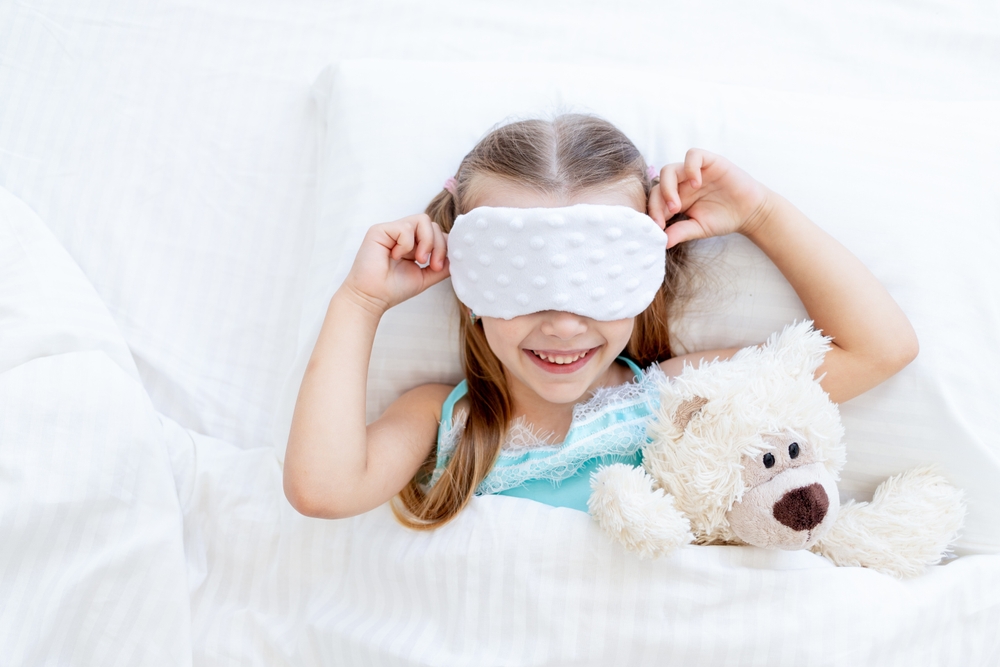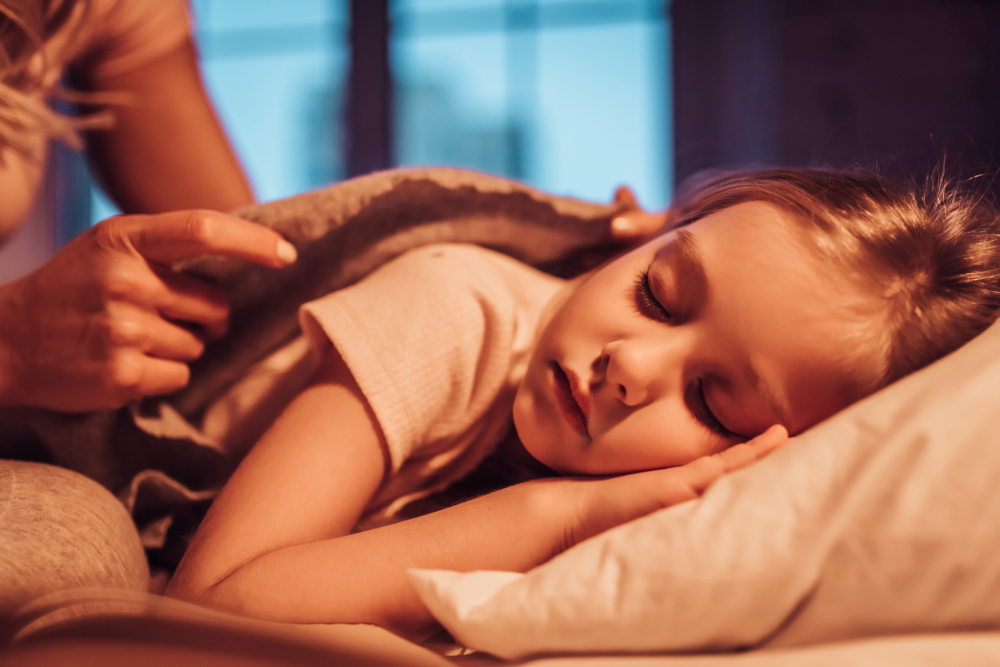Some of the most dreaded words a parent can hear from their child are, “I can’t sleep!”
Yes, all children will experience periods of difficulty sleeping for one reason or another.
Yet the sleeping struggles for autistic children often don’t last for a limited time. Instead, these struggles can be long-term and add to a parent’s challenges of raising an autistic child.
That’s where Heartlinks can help.
We are your resource for improving your child’s sleep.
With services for children and their parents, we can improve your child’s sleep hygiene and offer suggestions about improving how your child sleeps throughout the night.
Sleeping problems for autistic children are common, but they don’t have to take control of their lives.
Heartlinks is here to help.
Are Sleep Problems Common In Kids with Autism?
According to an article by the online science journal Scientific American, it’s estimated “that at least half of children with autism struggle to fall asleep, and a parent survey suggests the figure may exceed 80%”
This is compared to neurotypical children, where it’s estimated that a mere 1%-16% experience difficulties falling asleep.
Unfortunately, sleeping struggles for autistic children are pervasive.
The most common sleep problems include the following:
- Irregular sleep routines
- Trouble falling asleep
- Waking up frequently and early
- Poor sleep quality coupled with restlessness
Why Autistic Children Struggle to Get Sleep
Despite extensive research, scientists still don’t have a definitive answer about why children with autism struggle to sleep. However, several theories are being considered.
Lack of Melatonin
Some studies indicate that people with autism produce less melatonin at night. This is a sleep-related hormone, and it regulates a body’s sleep-wake cycles.
Children on the spectrum may have difficulty regulating melatonin levels. Usually, melatonin levels rise in the evening in response to darkness and drop during the daylight hours. Studies indicate that autistic children have high melatonin levels during the day and lower levels at night.

Sensory Issues
Many children with autism have sensory issues and are extremely sensitive to outside stimuli, including sound, light, and textures (i.e., bedding sheets, blankets, and pillows). Thanks to these sensitivities, they cannot relax enough to sleep. The slightest noise of a person opening a door might abruptly wake an autistic child up and prevent them from falling back to sleep.
Health Issues
Often children with autism struggle with mental or physical health issues and sleep problems. From sleep apnea to acid reflux and seizure disorders, there are many reasons for sleeping struggles for autistic children. These issues only exacerbate a child’s sleep problems.
Tips to Help Your Autistic Child Get More Sleep
The following are suggestions for improving your autistic child’s sleep. Though they are comparable to those for other children, there are a few deviations.
1. Establish a nightly routine
Promoting a bedtime routine beginning about one hour before it’s time to sleep is crucial in eliminating any bedtime struggles.
The routine should start by turning off electronics, including t.v.s, tablets, laptops, and cell phones.
Whether it’s having a bedtime snack, a warm bath, getting into a specific set of pajamas, or reading a book, this routine’s predictability will comfort your child. It will also signal it’s time to go to bed for your child.
Sticking to this schedule on weekends, vacations, and school holidays is also essential.
2. Keep the bedroom cool, quiet, and dark.
Setting your child’s bedroom to a cooler temperature could shorten how long it takes them to fall asleep and increase the amount they get. Research has shown that we all sleep better and for longer in cooler than warmer rooms.
Try using blackout curtains or other heavy window coverings to make their space as dark as possible. If your child is sensitive to light, even a tiny crack in their room might disturb them.
Sound is also significant, or lack thereof. If you can turn off noise sources such as televisions or radios (listen to them using headphones) while your child tries to sleep, this might make an otherwise stressful process less so.
3. Avoid sugar and other stimulants in the evening.
This might seem like an obvious tip, but so many parents don’t realize that a warm cocoa or a chocolate chip cookie before bed is loaded with sugar which can keep even the most hearty sleeper awake for hours past bedtime.
If you’re going to serve them a snack before bed, avoid anything sugary or containing caffeine. Limit their snack selection to the foods they like that are low in sugar.
4. Try exercise
Yes, exercise is essential for various health reasons, but it’s also critical in helping your child spend that extra energy so they’re physically tired and ready to sleep.
Whether you take a walk, ride a bike, or swim, make sure the exercise is done about 2 hours before bedtime. This way, you’ll still have time to come home and carry out your nightly bedtime routine.
5. Keep a sleep journal
Unlike neurotypical children, keeping a sleep journal for a child with autism can be highly beneficial. From recording your child’s bedtime to their reaction to their snack, these facts will come in handy.
Thanks to your journal, you may discover that your child sleeps poorly when they’ve had a bowl of cereal right before bed. Or they said they’d slept well this morning, and you had just installed blackout curtains in their room yesterday.
Every little detail you record will slowly draw a picture of your child’s sleep successes and struggles.
Get Help from Heartlinks
Unfortunately, sleeping struggles for autistic children are relatively common—fortunately, many different kinds of support are available to parents concerning helping their child sleep better.
At Heartlinks, we understand that sleep difficulties can be exhausting both for the parent and child. That’s why when this issue arises, we aim to provide the necessary services to ensure your nights become restful again.
For more information on how we can help you and your child with autism, contact us.
